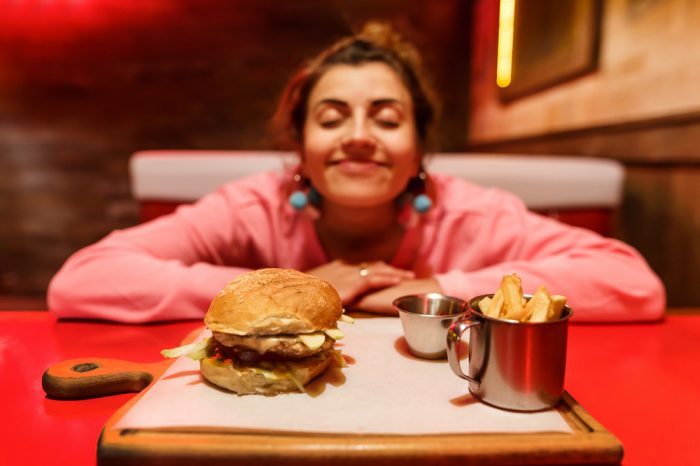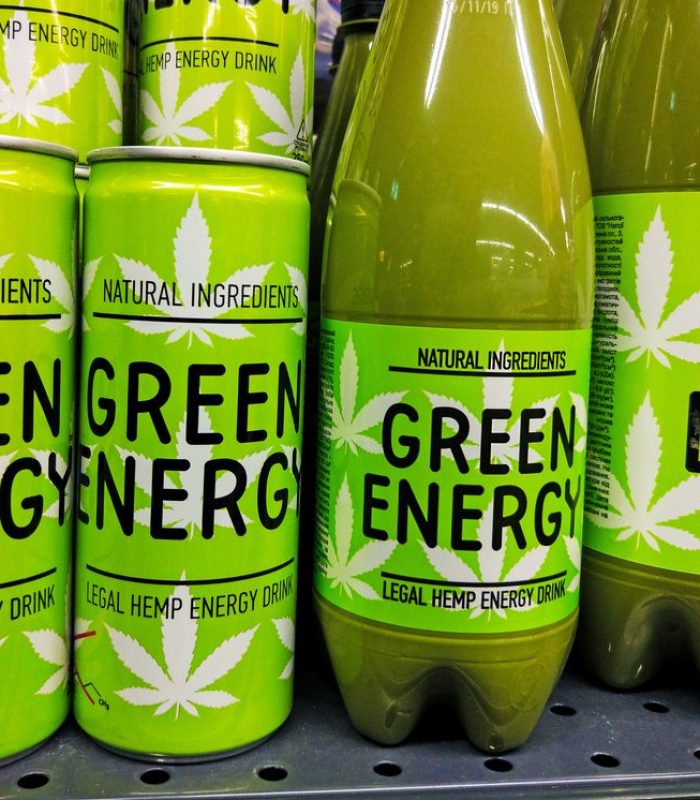There are so many different CBD edibles on the market. How do you know what do buy?
While most consumers know that CBD is safe and a powerful source of relief for pain, anxiety, mental health, and insomnia, there are many rarely answered questions about cannabidiol, and how to best consume it. For example, is there a difference between CBD gummy bears and CBD-infused cupcakes? What about CBD water? Do the “fast-acting” products actually work? Are CBD edibles better than oil?
Here’s a quick and handy guide to the differences between these products and the science that explains how they work.
What is the Best Kind of Edible?
When it comes to CBD edibles, the best kind is one that works. That means it’s efficiently absorbed by the body and provides enough medicine to make a difference. Perhaps the most important difference among edibles is the kind of CBD used. There is a big difference between full-spectrum CBD and CBD isolate. The first kind includes all sorts of other cannabinoids from the plant, while the second kind is strictly CBD.
Full-spectrum CBD simply works better. It has a higher bioavailability, so more of it absorbed by the body instead of merely passing through. The only downside is that it contains up to 0.3 percent THC. While that’s usually not enough to register on a drug screen, heavy users or people whose jobs depend on clean tests (such as military service members) should opt for isolate.
While checking the label will always be the right thing to do, a simple rule of thumb is that CBD isolate products tend to be less expensive. As with most things in the cannabis space, quality costs money. While checking labels, also take a glance at what kind of fats or oils have been used in the making CBD edibles.
A study published in the journal Epilepsia (2019) discovered that CBD is absorbed substantially better when combined with dietary fats. Better news: the kind of fat makes little difference. So, healthier options like avocado oil work just as well as good ol’ Crisco. But there are some important differences in CBD products.[1]Birnbaum, Angela K. et al. (2019). Food effect on pharmacokinetics of cannabidiol oral capsules in adult patients with refractory epilepsy. Epilepsia, 6(18) 1586-1592. … Continue reading
CBD Edibles vs. CBD Oil
Firstly, CBD edibles and CBD oil may seem similar, but the medicine is processed by the body in different ways, according to research published in Frontiers in Pharmacology (2018). Both products have their merits. CBD oil works faster and CBD edibles work longer. Through the oil, the active compounds in CBD pass through mucous membranes in the mouth directly into the bloodstream. Edibles must ferry medicine through the digestive process.[2]Millar, Sophie A. et al. (2018). A Systematic Review on the Pharmacokinetics of Cannabidiol in Humans. Frontiers in Pharmacology. 9, 1365. … Continue reading
Edibles take longer to start working, but these deliver CBD to the body at a more sustained clip. These also last longer. CBD edibles are generally taken for sleep, or before a meeting or party, and especially easy to incorporate into a daily diet. CBD tends to work best when there’s some already built up in the system, so taking a gummy bear every day may be a better way to experience the benefits of CBD than squirting some oil in tense situations.
No matter what kind of edible you take, always remember: dosing matters. And because eating edibles has a lower bioavailability than taking CBD oil, consumers may want edibles with a higher CBD content in order to attain the same results.
Does the Kind of Edible Matter?
Because consumer knowledge is so low, the players in the CBD market have tried to differentiate themselves by offering different sorts of edibles. While gummy bears and chocolate bars are standard fare, companies are pushing money into CBD sodas, honey, potato chips, mints, and more.
Of course, the inner makeup of the snack matters more than its outside. A gummy bear with twenty-five milligrams of full-spectrum CBD and base to ensure absorption will always beat out a fifty-milligram chocolate bar that uses isolate and no fats.
The one thing we caution: CBD water. It doesn’t always work. Have a look into the company’s technology.
CBD Nanotechnology
But, what about the nanotechnology some CBD companies use, which promises fast-acting results? So far, there are no published tests on CBD nanotechnology. The theory behind the idea is sound, but perhaps not groundbreaking. Smaller particles of CBD have more surface area, which should increase its bioavailability. Nano-themed CBD products also typically include good fats that aid absorption. So, whether it actually does or not will be up to independent lab tests. There are also potential dangers to nanotechnology in CBD.
It’s also important to keep in mind the body’s overall health. One reason gummy bears are a good medium for CBD dosage is because they taste great and aren’t full of calories. CBD cupcakes and sodas are a great snack, sometimes. But, too much fat, sugar, and calories can negate some of the positive effects CBD edibles have on the body.
References







